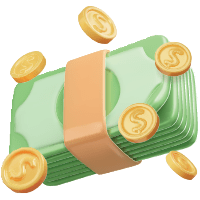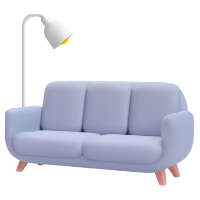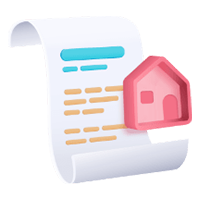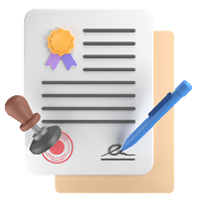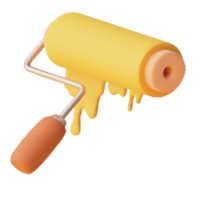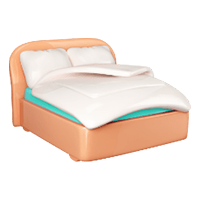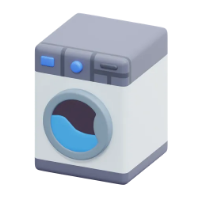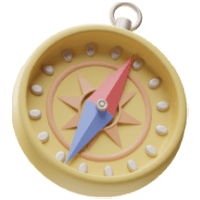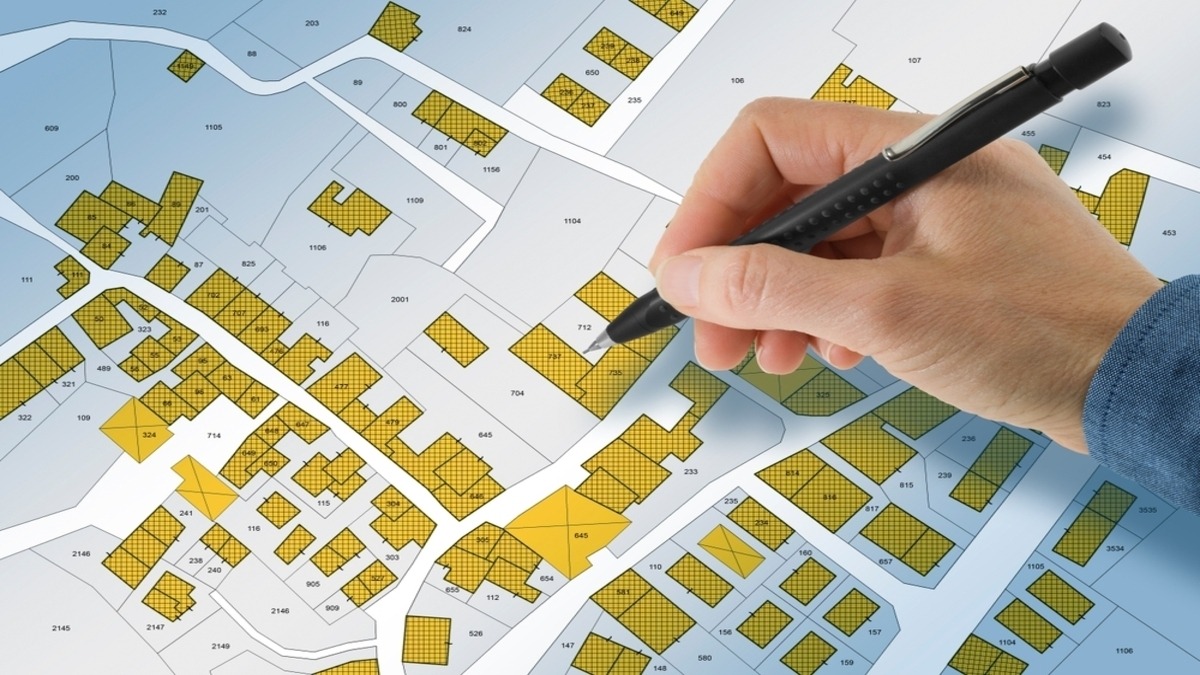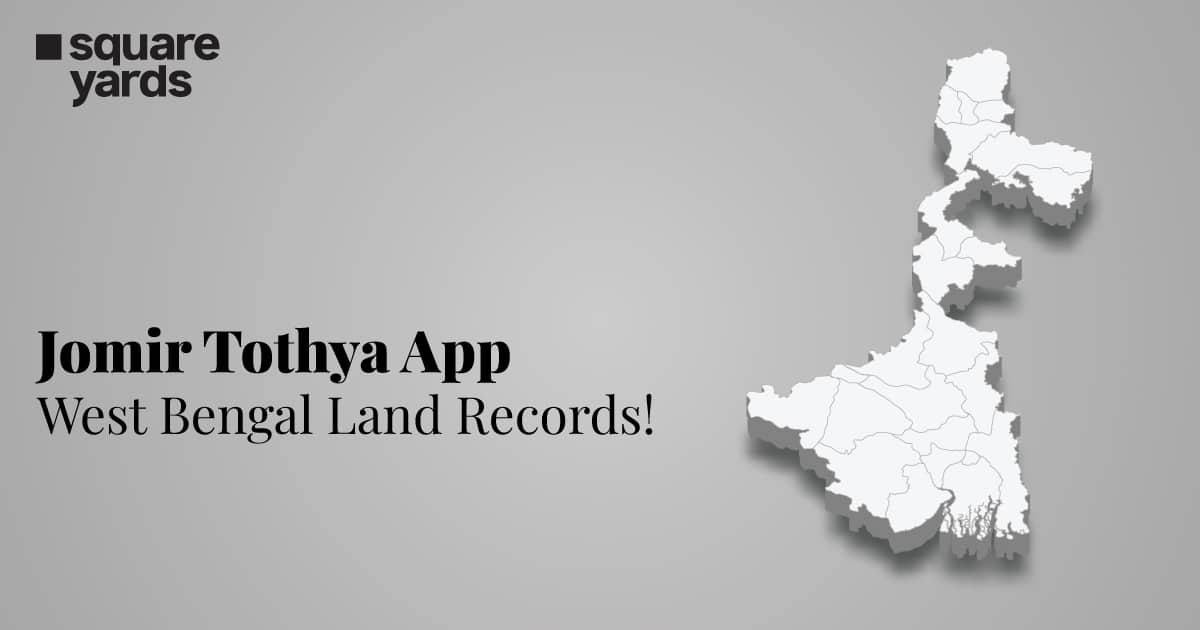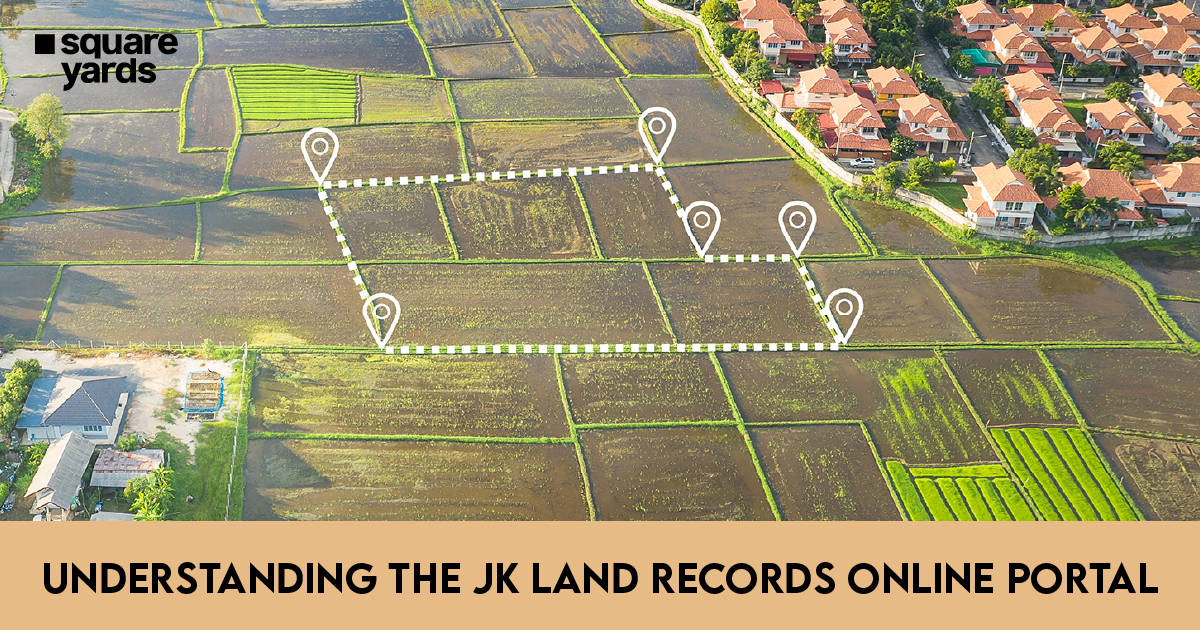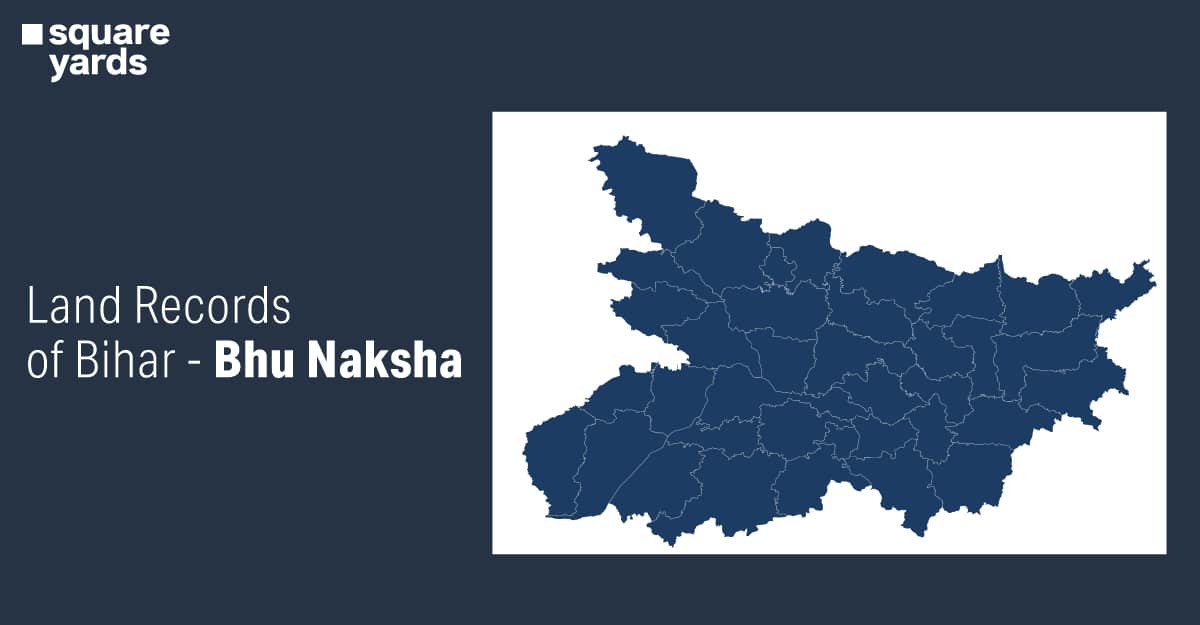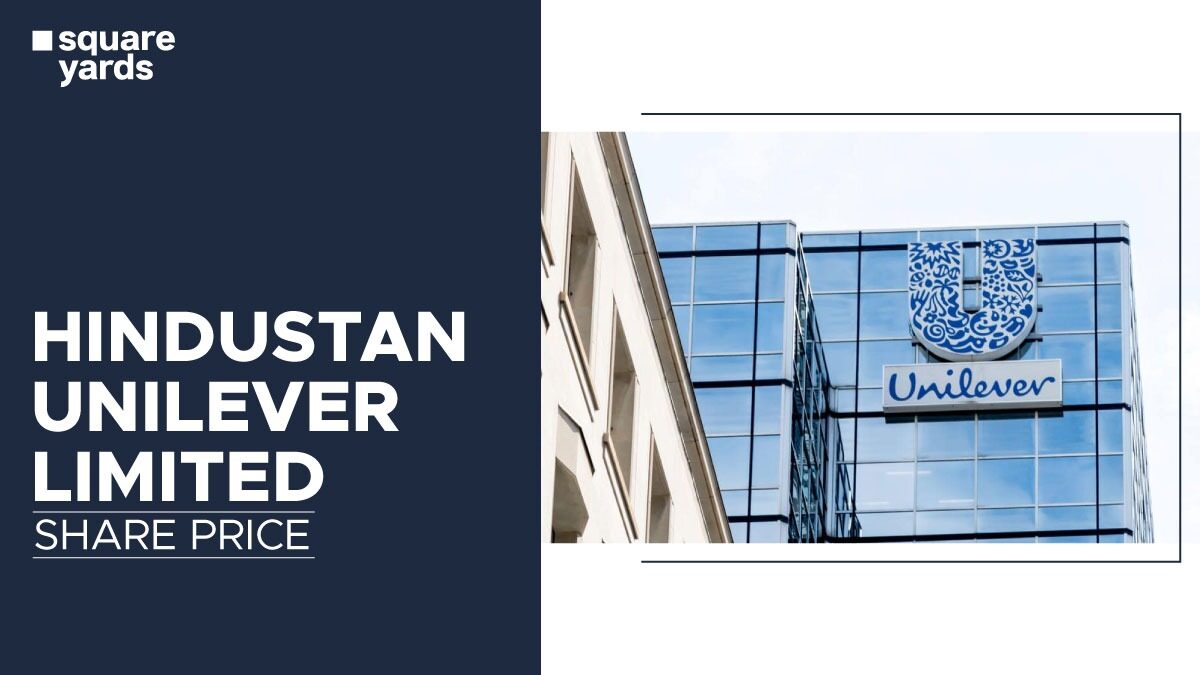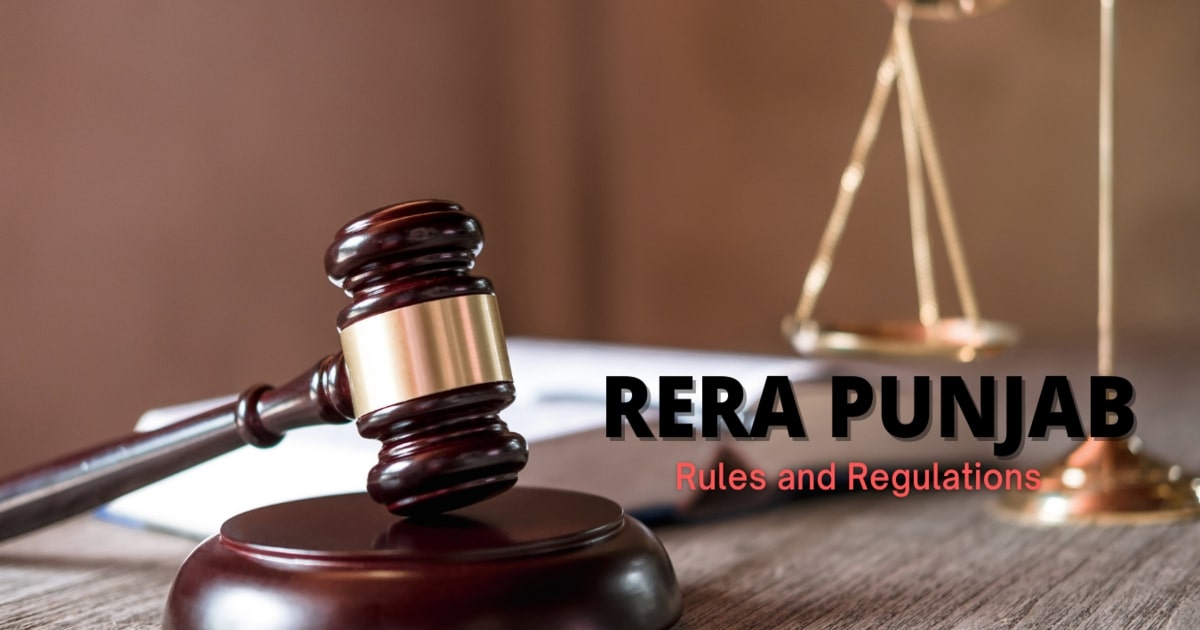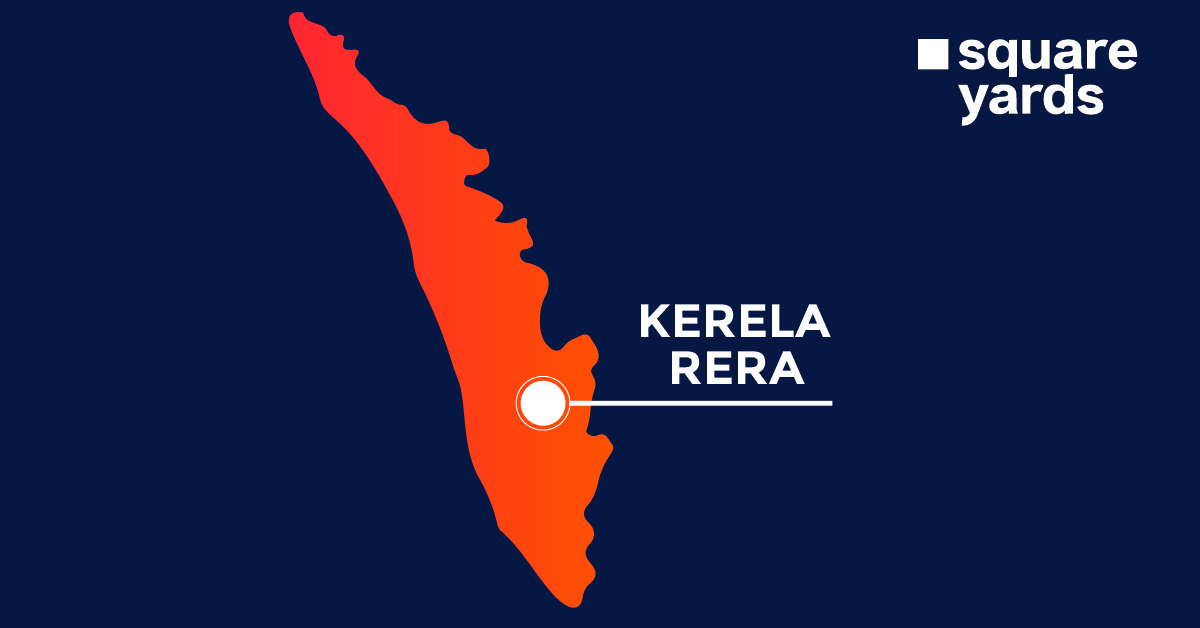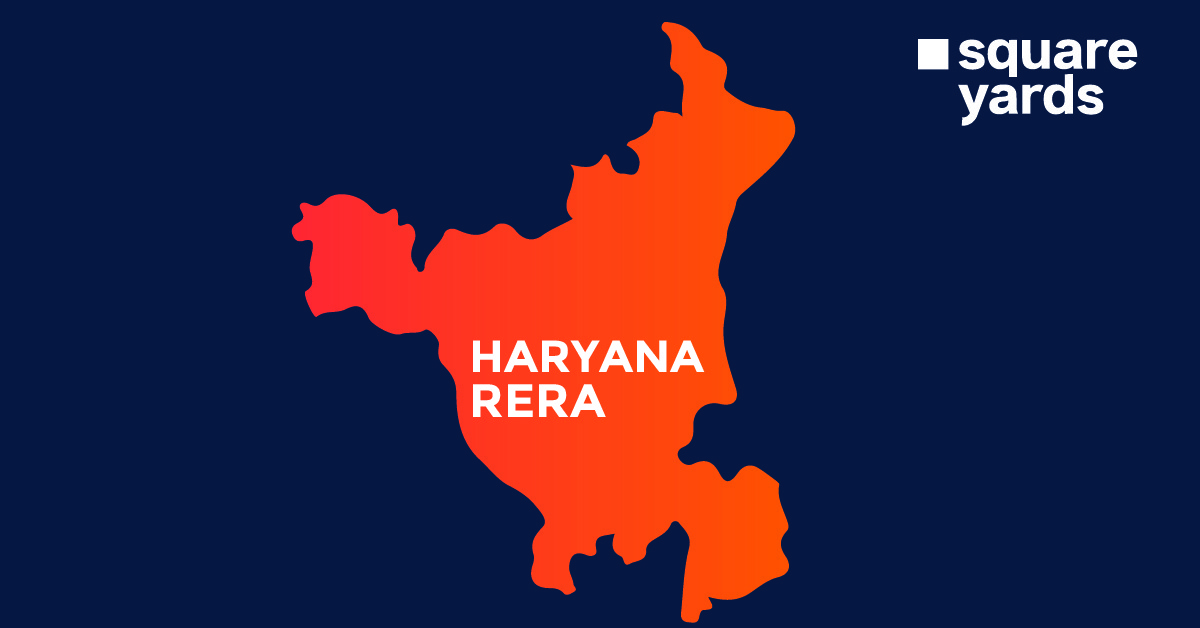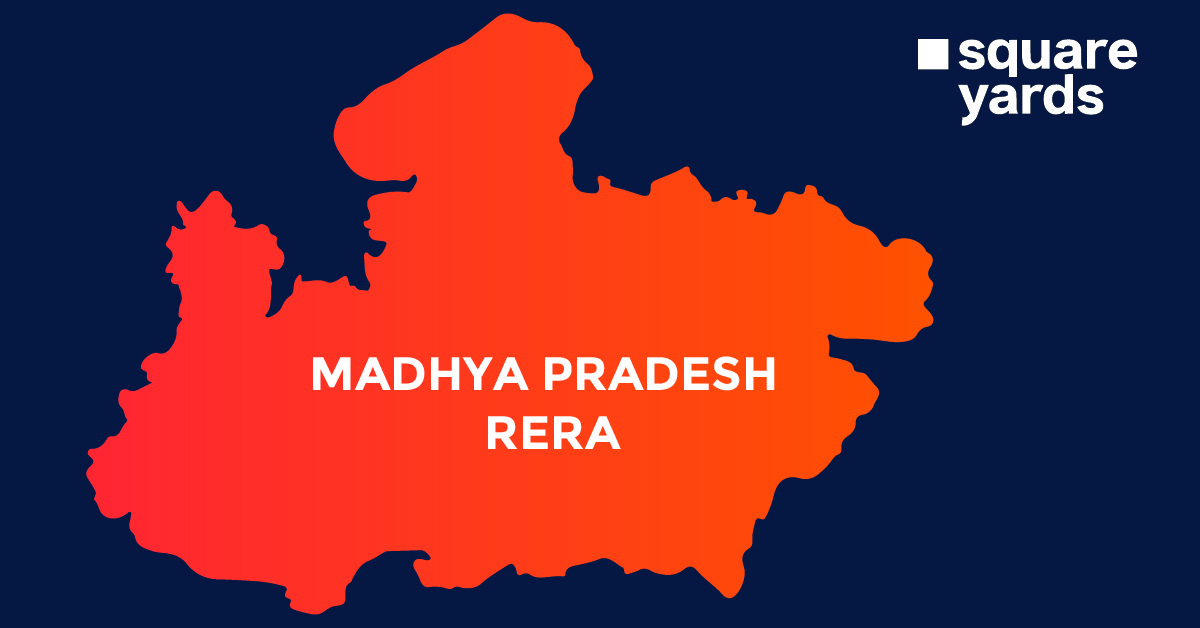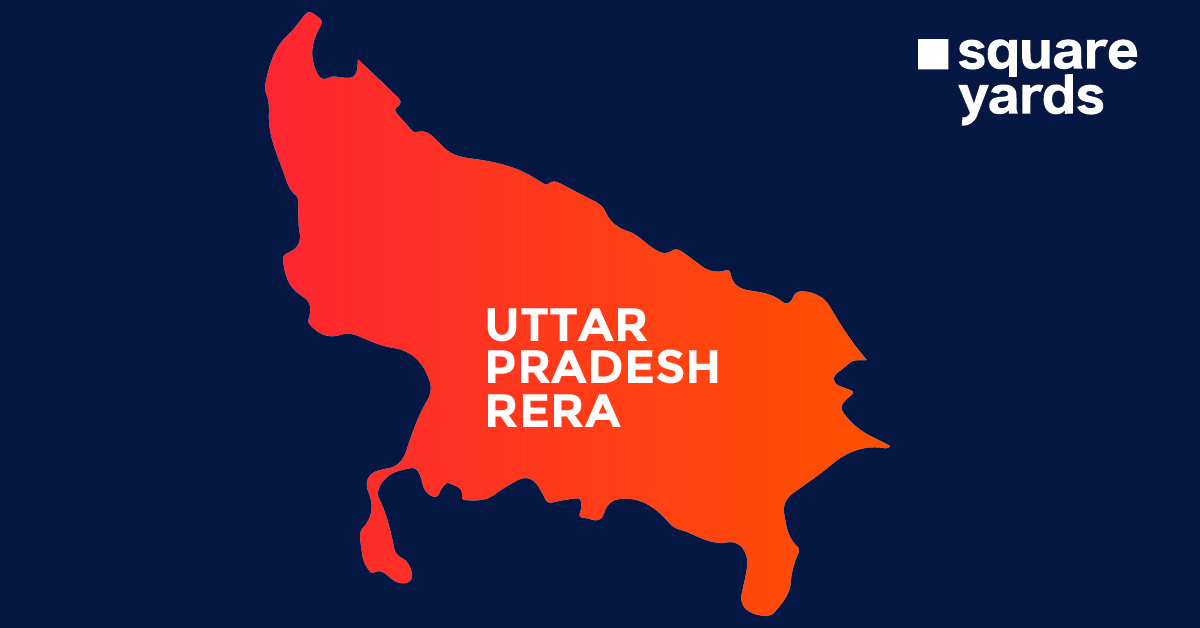We all use units quite often in our daily lives. Two such predominantly used units are litres and millilitres. Remember the time when you say “I am supposed to drink 4 litres of water in a day” or while suffering from a cold/fever having 30 ml of cough syrup? Well, you don’t even realise but you use these units time and again. These two units can be converted from one to another by knowing the conversion parameters. This will be possible only when you are familiar with the relationship between the two. Converting litres to millilitres might sound intimidating, but the fact is, it is not as difficult if you know the value of 1 litre to ml.
However, don’t overuse your brain for this effortless concept. To make it easy, we have written this blog considering the basics between the two units so that you can convert litres to millilitres with utmost ease. Read on to learn about the conversion formula, relationship and difference between the two.
What is a Liter?
The litre or litre is a metric unit that is used to denote the volume. Generally, people use ‘L’ or ‘l’ as a symbol to denote a litre. It is equivalent to one cubic decimeter or dm3 and one thousand cubic centimetres or cm3. A litre engrosses a volume equivalent to 10 cm × 10 cm × 10 cm in mathematical terms.
In the time frame 1901 to 1964, it was defined as a volume equivalent to 1 kilogram or kg of pure water at a temperature of 4 °C. By the end of 1964, the current value of litre was reinstated and standardised at one litre equal to 1.0567 U.S. quarts.
Current Use of Liter
The litre is preferred as the preferred unit when it comes to the measurement of liquid substances in terms of volume. Additionally, people use litres to denote the capacity of said liquid present within a container. Moreover, a litre is preferred for measuring certain solid elements too such as car trunks, computer cases, refrigerators, and backpacks. To express the volume of fuel and associated prices, countries across the globe count on litres.
Liter to Other Metric Units
| 1 Liter to Gallons | 0.2641720524 gal (US) |
| 1 Liter to Quarts | 1.0566882094 qt (US) |
| 1 Liter to Cubic Metre | 0.001 m^3 |
| 1 Liter to Cups | 4.2267528377 cup (US) |
| 1 Liter to Ounces | 33.8140227018 fl oz (US) |
| 1 Liter to Cubic Inches | 61.0237440947 in^3 |
| 1 Liter to Decilitre | 10 dL |
| 1 Liter to Barrel | 0.0061102569 bbl (UK) |
What is a Milliliter?
A millilitre is a metric unit of volume that has been accepted for measurement purposes within the international system of units (SI). The symbol ‘ml’ is used to represent a millilitre around the world. One milliliter is equivalent to one cubic centimeter [cm3], one-thousandth of a liter, and 1/1,000,000 cubic meters [m3].
The litre is the base unit of millilitre which is spelt as “litre” is the term of SI unit. Originally, litres were a part of the old French metric system and were termed “litron.”
Current Use of Milliliters
Milliliters is generally used for measuring volumes of small containers of distinct types including plastic bottles, glasses, juice bottles, yoghurt, and milk cartons. Additionally, a millimetre is a perfect standard to prepare measurement devices. It is also used to prepare measurement devices for cylinders, pipettes, measurement cups, and much more.
Millilitre to Other Metric Units
| 1 Milliliter to Gallons | 0.000264172 gal (US) |
| 1 Milliliter to Quarts | 0.00105669 qt (US) |
| 1 Milliliter to Cubic Metre | 1e-6 m^3 |
| 1 Milliliter to Cups | 0.00422675 cup (US) |
| 1 Milliliter to Ounces | 0.033814 fl oz (US) |
| 1 Milliliter to Cubic Inches | 0.0610237 in^3 |
| 1 Milliliter to Decilitre | 0.01dL |
| 1 Milliliter to Barrel | 6.1102568971969E-6 bbl (UK) |
Relationship between Liters and Millilitres
The relationship between litres to millilitres is easy to comprehend. You don’t need to be a professional in unit conversion to decode the mathematics behind litres to millimetres conversion. The only thing you need to know is the value of 1 litre to ml and vice versa.
1 litre is equal to 1000 millilitres.
1 milliliter = 0.001.
That is it. This is how these units are related to one another. When you convert any value from litre to ‘ml’ or millilitre to litre, these values will act as conversion parameters.
By being familiar with the relationship between litres and millilitres, understanding the formula to convert litres to millilitres becomes easier.
How to Convert Litres to Millilitres?
The litre to millilitre conversion becomes a seamless affair when you are already familiar with the basics of the conversion. One can either pin their hope on the litre to ml calculator or can count on the litre to ml conversion formula.
To compute values through the ‘l’ to ‘ml’ calculator, you have to enter desirable values in the text area, and you will get the converted value in a fraction of seconds. Sounds easy? Try it through our conversion calculator and be a master of conversion.
The unsaid part is, that having access to the calculator round the clock isn’t possible, which makes the computation formula equally important. Although, you don’t require lots of expertise to use the conversion formula. Here is what you should know.
Formula to convert litre to ml:
Milliliter = l * 1000 (* implies multiply)
For better understanding, refer to the depicted example:
Convert 13 l to ml
Multiply 13 litre by 1000
Which is equivalent to 13000 Milliliters.
The Formula for Converting from Liters to Milliliters
The litres to millilitres conversion formula offers quick and easy computation of conversion figures. Shift to the conversion formula when you don’t have access to the litre to ml calculator.
To put forward a hassle-free conversion, lock one value in your mind:
1 Liter is equal to 1000 Milliliters.
This value is entitled a conversion ratio to compute ‘l’ to ‘ml’ conversion.
The formula to convert litres to millilitres is:
Milliliter = Liter * 1000
By now you must have a clear-cut idea of the relationship between these units together with the conversion formula. Let’s move forward with some examples to understand how to put values in the Meters to Millimeters formula to carry out conversion with utmost ease.
Examples to Understand Liters to Milliliters Formula
Refer to the below-mentioned examples to understand how the litre to ml formula works:
- Convert 30 Liter to ml
To convert 30 l to ml, multiply 30 by 1000 (the conversion factor)
30 litre to ml = 30 * 1000
30000 Milliliters
- Convert 45 Liter to ml
To convert 45 l to ml, multiply 45 by 1000 (the conversion factor)
45 litre to ml = 45 * 1000
45000 Milliliters
- Convert 60 Liter to ml
To convert 60 l to ml, multiply 60 by 1000 (the conversion factor)
60 litre to ml = 60 * 1000
60000 Milliliters
- Convert 75 Liter to ml
To convert 75 l to ml, multiply 75 by 1000 (the conversion factor)
75 litre to ml = 75 * 1000
75000 Milliliters
- Convert 90 Liter to ml
To convert 90 l to ml, multiply 90 by 1000 (the conversion factor)
90 litre to ml = 90 * 1000
90000 Milliliters
Difference Between Liters and Milliliters
While both the units i.e. litres and millilitres are used to measure the volume of fluids and containers associated with their storage, the units differ from each other on various grounds. Some of them are as follows:
| Basis of Comparison | Millilitre | Litre |
| Definition | Millilitre is a volume unit in the metric system | Litres is also a metric unit of volume. |
| Relation | 1 millilitre = 0.001 Litre | 1 litre = 1000 Milliliter |
| Size | A millilitre is smaller than a litre | One litre is 1000 times bigger than a millilitre |
| Use | A millilitre is used as a measurement unit for small quantities of liquids | Litre is used to measure the liquid things which can be poured. Non-liquid things can also be used. |
| Applicability | It is employed in the United States, Australia, Canada, and a few other countries. | It is employed in the United States, Australia, Canada, New Zealand and a few more countries. |
Don’t miss It!
Liters to Milliliters Conversion Table
| Liters[l] | Milliliters(ml) | Liters to Milliliters (l to ml) |
| 1 l | 1000 ml | 1 liters is equal to 1000 milliliters |
| 2 l | 2000 ml | 2 liters is equal to 2000 milliliters |
| 3 l | 3000 ml | 3 liters is equal to 3000 milliliters |
| 4 l | 4000 ml | 4 liters is equal to 4000 milliliters |
| 5 l | 5000 ml | 5 liters is equal to 5000 milliliters |
| 6 l | 6000 ml | 6 liters is equal to 6000 milliliters |
| 7 l | 7000 ml | 7 liters is equal to 7000 milliliters |
| 8 l | 8000 ml | 8 liters is equal to 8000 milliliters |
| 9 l | 9000 ml | 9 liters is equal to 9000 milliliters |
| 10 l | 10000 ml | 10 liters is equal to 10000 milliliters |
| 11 l | 11000 ml | 11 liters is equal to 11000 milliliters |
| 12 l | 12000 ml | 12 liters is equal to 12000 milliliters |
| 13 l | 13000 ml | 13 liters is equal to 13000 milliliters |
| 14 l | 14000 ml | 14 liters is equal to 14000 milliliters |
| 15 l | 15000 ml | 15 liters is equal to 15000 milliliters |
| 16 l | 16000 ml | 16 liters is equal to 16000 milliliters |
| 17 l | 17000 ml | 17 liters is equal to 17000 milliliters |
| 18 l | 18000 ml | 18 liters is equal to 18000 milliliters |
| 19 l | 19000 ml | 19 liters is equal to 19000 milliliters |
| 20 l | 20000 ml | 20 liters is equal to 20000 milliliters |
| 21 l | 21000 ml | 21 liters is equal to 21000 milliliters |
| 22 l | 22000 ml | 22 liters is equal to 22000 milliliters |
| 23 l | 23000 ml | 23 liters is equal to 23000 milliliters |
| 24 l | 24000 ml | 24 liters is equal to 24000 milliliters |
| 25 l | 25000 ml | 25 liters is equal to 25000 milliliters |
| 26 l | 26000 ml | 26 liters is equal to 26000 milliliters |
| 27 l | 27000 ml | 27 liters is equal to 27000 milliliters |
| 28 l | 28000 ml | 28 liters is equal to 28000 milliliters |
| 29 l | 29000 ml | 29 liters is equal to 29000 milliliters |
| 30 l | 30000 ml | 30 liters is equal to 30000 milliliters |
| 31 l | 31000 ml | 31 liters is equal to 31000 milliliters |
| 32 l | 32000 ml | 32 liters is equal to 32000 milliliters |
| 33 l | 33000 ml | 33 liters is equal to 33000 milliliters |
| 34 l | 34000 ml | 34 liters is equal to 34000 milliliters |
| 35 l | 35000 ml | 35 liters is equal to 35000 milliliters |
| 36 l | 36000 ml | 36 liters is equal to 36000 milliliters |
| 37 l | 37000 ml | 37 liters is equal to 37000 milliliters |
| 38 l | 38000 ml | 38 liters is equal to 38000 milliliters |
| 39 l | 39000 ml | 39 liters is equal to 39000 milliliters |
| 40 l | 40000 ml | 40 liters is equal to 40000 milliliters |
| 41 l | 41000 ml | 41 liters is equal to 41000 milliliters |
| 42 l | 42000 ml | 42 liters is equal to 42000 milliliters |
| 43 l | 43000 ml | 43 liters is equal to 43000 milliliters |
| 44 l | 44000 ml | 44 liters is equal to 44000 milliliters |
| 45 l | 45000 ml | 45 liters is equal to 45000 milliliters |
| 46 l | 46000 ml | 46 liters is equal to 46000 milliliters |
| 47 l | 47000 ml | 47 liters is equal to 47000 milliliters |
| 48 l | 48000 ml | 48 liters is equal to 48000 milliliters |
| 49 l | 49000 ml | 49 liters is equal to 49000 milliliters |
| 50 l | 50000 ml | 50 liters is equal to 50000 milliliters |
| 51 l | 51000 ml | 51 liters is equal to 51000 milliliters |
| 52 l | 52000 ml | 52 liters is equal to 52000 milliliters |
| 53 l | 53000 ml | 53 liters is equal to 53000 milliliters |
| 54 l | 54000 ml | 54 liters is equal to 54000 milliliters |
| 55 l | 55000 ml | 55 liters is equal to 55000 milliliters |
| 56 l | 56000 ml | 56 liters is equal to 56000 milliliters |
| 57 l | 57000 ml | 57 liters is equal to 57000 milliliters |
| 58 l | 58000 ml | 58 liters is equal to 58000 milliliters |
| 59 l | 59000 ml | 59 liters is equal to 59000 milliliters |
| 60 l | 60000 ml | 60 liters is equal to 60000 milliliters |
| 61 l | 61000 ml | 61 liters is equal to 61000 milliliters |
| 62 l | 62000 ml | 62 liters is equal to 62000 milliliters |
| 63 l | 63000 ml | 63 liters is equal to 63000 milliliters |
| 64 l | 64000 ml | 64 liters is equal to 64000 milliliters |
| 65 l | 65000 ml | 65 liters is equal to 65000 milliliters |
| 66 l | 66000 ml | 66 liters is equal to 66000 milliliters |
| 67 l | 67000 ml | 67 liters is equal to 67000 milliliters |
| 68 l | 68000 ml | 68 liters is equal to 68000 milliliters |
| 69 l | 69000 ml | 69 liters is equal to 69000 milliliters |
| 70 l | 70000 ml | 70 liters is equal to 70000 milliliters |
| 71 l | 71000 ml | 71 liters is equal to 71000 milliliters |
| 72 l | 72000 ml | 72 liters is equal to 72000 milliliters |
| 73 l | 73000 ml | 73 liters is equal to 73000 milliliters |
| 74 l | 74000 ml | 74 liters is equal to 74000 milliliters |
| 75 l | 75000 ml | 75 liters is equal to 75000 milliliters |
| 76 l | 76000 ml | 76 liters is equal to 76000 milliliters |
| 77 l | 77000 ml | 77 liters is equal to 77000 milliliters |
| 78 l | 78000 ml | 78 liters is equal to 78000 milliliters |
| 79 l | 79000 ml | 79 liters is equal to 79000 milliliters |
| 80 l | 80000 ml | 80 liters is equal to 80000 milliliters |
| 81 l | 81000 ml | 81 liters is equal to 81000 milliliters |
| 82 l | 82000 ml | 82 liters is equal to 82000 milliliters |
| 83 l | 83000 ml | 83 liters is equal to 83000 milliliters |
| 84 l | 84000 ml | 84 liters is equal to 84000 milliliters |
| 85 l | 85000 ml | 85 liters is equal to 85000 milliliters |
| 86 l | 86000 ml | 86 liters is equal to 86000 milliliters |
| 87 l | 87000 ml | 87 liters is equal to 87000 milliliters |
| 88 l | 88000 ml | 88 liters is equal to 88000 milliliters |
| 89 l | 89000 ml | 89 liters is equal to 89000 milliliters |
| 90 l | 90000 ml | 90 liters is equal to 90000 milliliters |
| 91 l | 91000 ml | 91 liters is equal to 91000 milliliters |
| 92 l | 92000 ml | 92 liters is equal to 92000 milliliters |
| 93 l | 93000 ml | 93 liters is equal to 93000 milliliters |
| 94 l | 94000 ml | 94 liters is equal to 94000 milliliters |
| 95 l | 95000 ml | 95 liters is equal to 95000 milliliters |
| 96 l | 96000 ml | 96 liters is equal to 96000 milliliters |
| 97 l | 97000 ml | 97 liters is equal to 97000 milliliters |
| 98 l | 98000 ml | 98 liters is equal to 98000 milliliters |
| 99 l | 99000 ml | 99 liters is equal to 99000 milliliters |
| 100 l | 100000 ml | 100 liters is equal to 100000 milliliters |
FAQ’s about Liter to Milliliter Convert
Q1. How do you convert ‘L’ to ‘ML’?
You can easily convert a value from ‘l’ to ‘ml’ by multiplying the value with the conversion parameter i.e. 1000. For example, to convert 2 ‘l’ to ‘ml’, multiply 2 by 1000 i.e. 2000. So, 2 l in ml is equal to 2000.
Q2. Are there 100 milliliters in 1 liter?
No, there are 1000 milliliters in 1 liter.
Q3. Is 1 liter the same as 500ml?
No, 1 liter is not the same as 500 ml. 500 ml is equal to 0.5 or half a liter.





